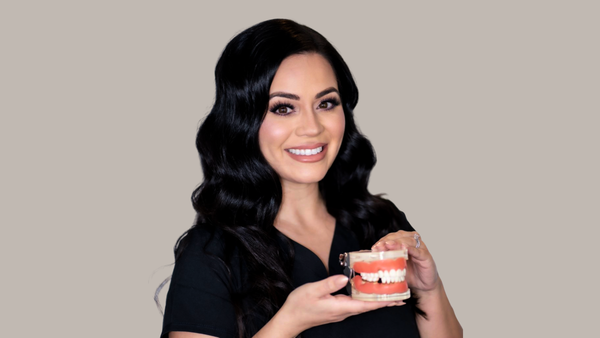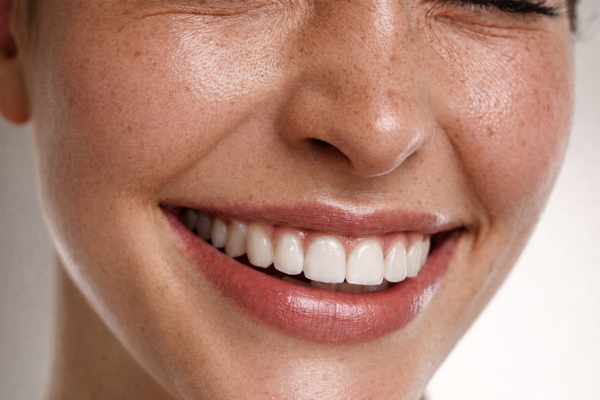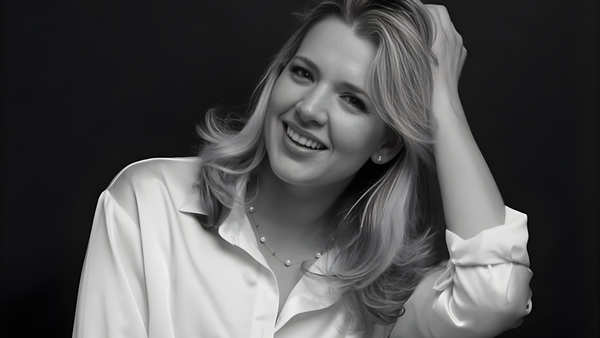Miswak’s Timeless Wisdom for a Greener Smile

Centuries before the bristled toothbrush was born, a humble twig cleaned teeth from East Africa to the Middle East and the Indian subcontinent. It was called the miswak.
Plucked from the Salvadora persica tree and chewed gently at one end to create a fibrous brush, the miswak was a solution embedded in its ecosystem — biodegradable, antimicrobial, water-wise, and effective.
Today, in a world overwhelmed by disposable plastics and chemical-laden pastes, miswak has quietly reentered the global oral health conversation — not as a cultural artifact, but as a model for sustainability.
Nature’s Design, Unchanged
What makes the miswak remarkable is its self-sufficiency. It contains natural fluoride, silica for plaque removal, antimicrobial compounds, and astringents. Studies show it rivals — and in some cases exceeds — modern toothbrushes in preventing gingivitis and plaque buildup.
It needs no packaging. It uses no water. It leaves no trace. And for many who grew up with it, it carries spiritual and cultural weight — used in ritual purification, religious practice, and everyday care.
A Ritual, Not a Routine
In the West, brushing is often mechanical — a rushed task squeezed between emails and alarms. But the miswak invites slowness. It demands presence. You chew the end. Shape the bristles. Use it gently, vertically, intentionally. It becomes a practice — a quiet connection to breath, body, and ancestry.
To use the miswak is to participate in a cycle of renewal: from earth, to hand, to mouth, and back to earth again.
Why It Matters
Plastic toothbrushes are rarely recycled. Most end up in landfills or oceans, contributing to a crisis of microplastic pollution. The miswak, by contrast, returns to the soil. It’s not a product of sustainability marketing — it’s an original blueprint.
In a time when every object demands scrutiny, the miswak offers a rare kind of simplicity: one that’s effective, ecological, and beautiful.
A Twig and a Future
Miswak may not replace every toothbrush, nor should it. But its rise in modern dental discourse signals something important: a hunger for oral care that’s not just clinically effective, but ecologically wise.
Sustainability isn’t always about new innovations. Sometimes, it’s about listening to the old ones.




